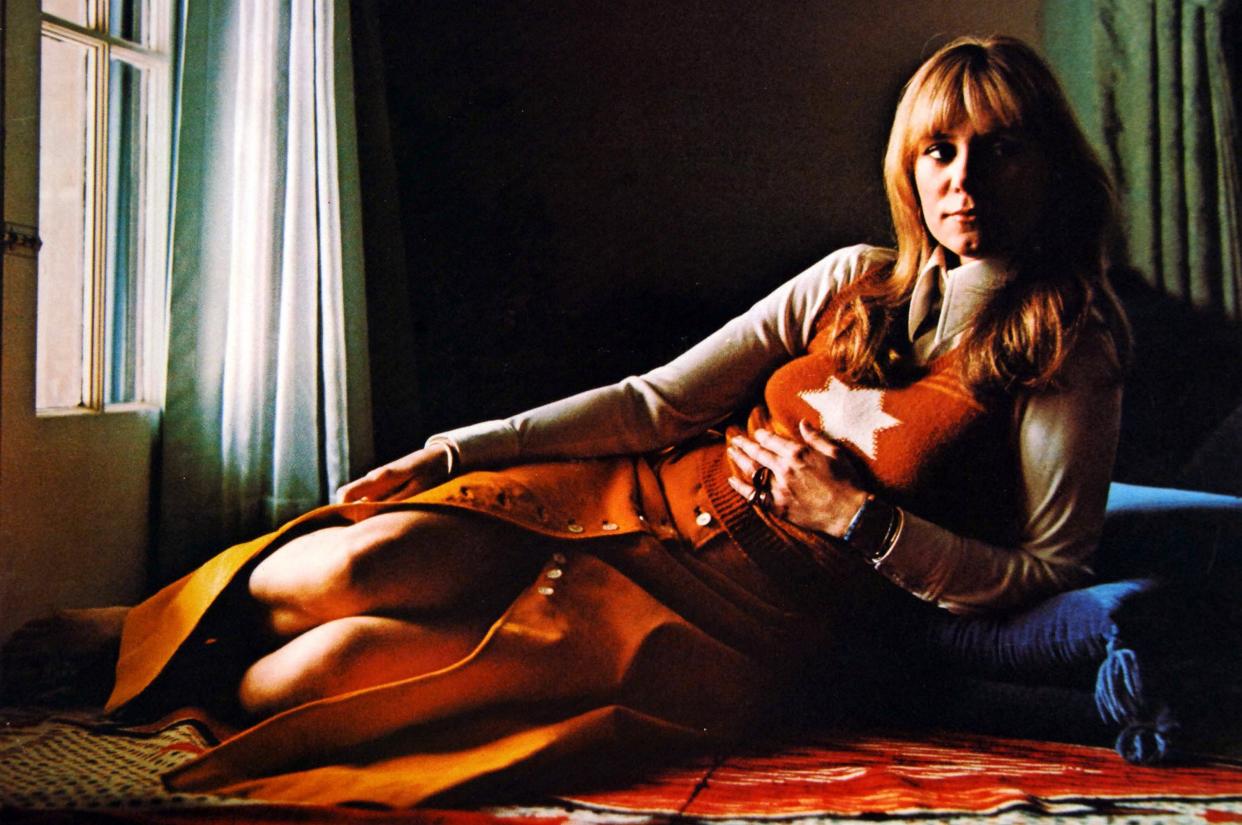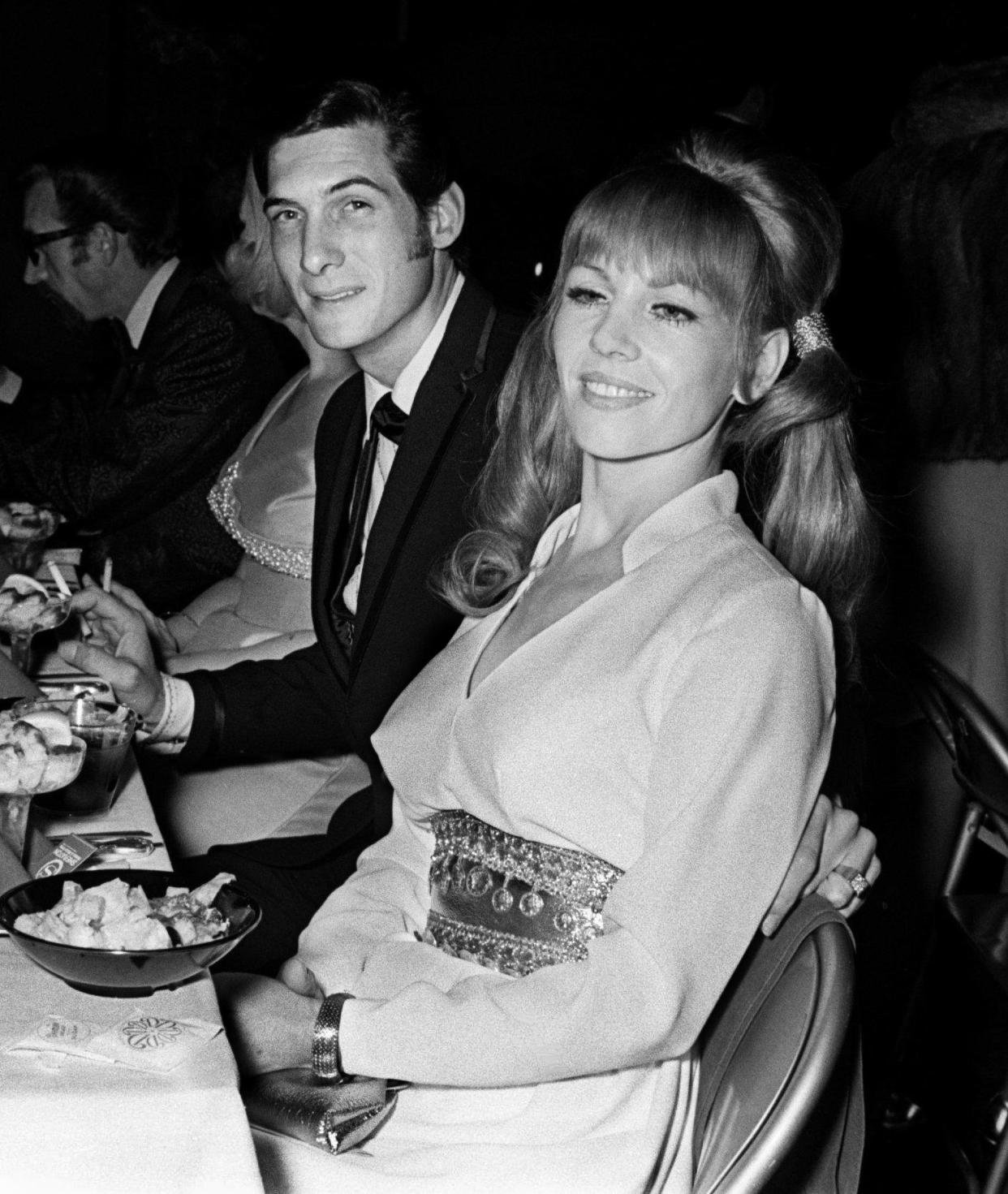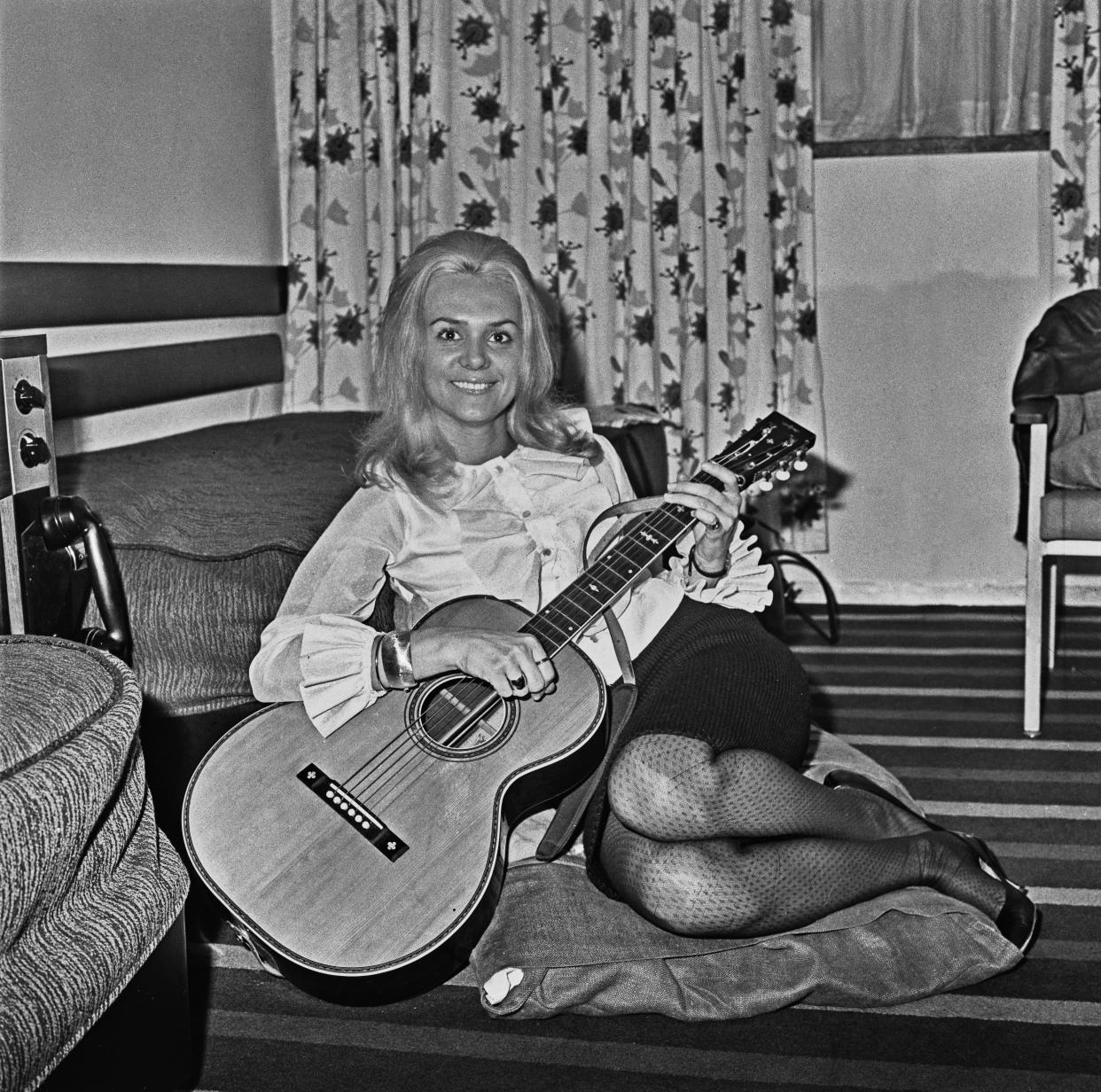Jackie DeShannon discusses 'Put a Little Love in Your Heart' and other timeless hits
Kentuckian Jackie DeShannon's career is as vital to teenage Americans' acceptance of rock 'n' roll as it is to the mainstreaming of torch songs into pop music in an era after the standards in the American songbook felt too antiquated to remain commercially viable.
Now based in California, the singer and Songwriters Hall of Fame member will appear at the Country Music Hall of Fame and Museum's CMA Theater on Saturday at 2:30 p.m. to discuss her pioneering work. That includes her 1960 performance of Burt Bacharach and Hal David's "What the World Needs Now Is Love," writing songs like "When You Walk in the Room" (recorded by the Searchers and Pam Tillis, though three decades apart), her own "Put a Little Love in Your Heart," and "Bette Davis Eyes," Kim Carnes' 1982 Grammy Song of the Year.
Tickets for the 90-minute event, presented in partnership with the Tin Pan South Songwriters Festival, are available at countrymusichalloffame.org.

Though unquestionably successful, DeShannon is also an 82-year-old woman working in her eighth decade in the music industry. She has four-dozen albums attributed to her name and legacy but has only performed five top-10 singles.
Achieving a career that arguably, for reasons beyond her control, scratched the surface of its potential for even more peerless success is an intriguing question that she's more than glad to dive into answering.
Early singer-songwriter days
By the time she was 19 and signed to Liberty Records, the dualities that fostered and limited DeShannon's success had become apparent.
She became a pop star only after spending a dozen years honing her craft as a child star on country radio during country, rockabilly and Western swing's early era of mainstream renown.
Singing with rhythm bands and rubbing shoulders with influential DJs like Cleveland's Alan Freed and breakout early rock stars like Eddie Cochran and Brenda Lee informed her style before she was old enough to drink. She had a maturity that blended teenybopper sock-hop stylings with traditional folk-country ballads, bluesy rockabilly, gospel and swinging, night-club ready soul records.
At Liberty, she was signed as both an artist and songwriter.

As an artist, her work sat behind popular teenage male acts of the era like Eddie Cochran, Jan and Dean, Del Shannon, Bobby Vee and yes, as country gained in crossover popularity, Hank Cochran, Bob Wills and, for his first two albums, none other than Willie Nelson.
"(Liberty) couldn't understand how I was a woman and could sing all types of music," DeShannon tells The Tennessean. "Because I was such an eclectic artist, I could remain driven as a creator."
She adds that the era's media, radio, and touring circuits allowed her to remain financially solvent via appearances and song royalties while not recording as much original music as she would have liked.
She hearkens back to early '60s cuts like Brenda Lee's "Dum Dum" and her own "When You Walk in the Room" as examples of work that, when she initially wrote and recorded it, was not afforded the same opportunities that many of her other songs had when performed by other artists.
"In retrospect, the most important thing I learned from that era was that I had to take my songs to school and learn how they earned money," DeShannon says.
That era saw her often working with stars of the day like the Everly Brothers, Ricky Nelson and Elvis Presley. She formed a touring band with guitarist Ry Cooder and supported the Beatles on their inaugural American tour. She also co-starred with Bobby Vinton in the 1964 film "Surf Party."
Writing 'timeless' songs

Motivated by achieving success often without well-marketed solo records, she began to hone her craft at writing "timeless" songs.
"Feel-good music that perks up your day without a bunch of fancy words in the lyrics," says DeShannon when asked to describe what makes '60s-era radio songs stand the test of time.
"These songs were (ultimately) so good that when you were driving to the beach, you would want to pull off at a highway exit, go to the nearest record store and buy the album or single," she says.
However, her still burgeoning recording career included global success with the Sonny Bono and Jack Nitzsche-penned song "Needles and Pins," plus a domestic top-10 and global No. 1 hit with her 1965 rendition of "What the World Needs Now Is Love."
By 1969, the release of "Put a Little Love in Your Heart" — her favorite song she ever wrote, along with her brother Randy Myers and R&B vocalist Jimmy Holiday — finally achieved the perfect synergy of her brilliant artistry and songwriting craft.
"We wrote a song with a message that, whether it's accompanied with a guitar or a piano and also when played in any setting, lasts forever."
To wit, the song was the closing number at 1979's United Nations Music for UNICEF Concert, covered as a top-10 duet by Annie Lennox and Al Green in 1988 and recorded by Dolly Parton in 1993.
Hits that last forever
"There are songs that are written as great songs, but then there's music that resonates with a wide spectrum of people and feels like a hit that will last forever," DeShannon adds.
"There are songs I'll write where I play (the work tape) repeatedly or just walk around humming the melody and singing the words. Then, when you hear artists like Marianne Faithfull or Kim Carnes singing songs like 'Come and Stay with Me' and 'Bette Davis Eyes,' their unique abilities as stylists delivering my words over a powerful arrangement remains exciting."
When asked if she could create the same body of work with the same level of lucrative pop appeal in the modern era, DeShannon is adamant that mirroring her success with timeless material today is not possible.
"Top 40 radio isn't as diverse as it once was, which has limited the art of creating music defined by (incredible) possibilities," she says. "Half a century ago, folk music was played next to R&B as long as they were both hit songs. Modern conditions would keep so many country and rock crossover songs from the pop audience. Also, the (democratization) of ways to hear music has removed the thrill of hearing a song on the radio or TV and then going to a record store to buy the song that you then had to take home and play on the record player.
"Returning to an era where every aspect of the music industry was once a separate art form may be a fantasy, but it would be delicious if we could make that happen. Making creators, fans, and everyone feel like they need to be the best of the best to participate in a pop music industry and culture that, like expressionist art, inspires and appeals to creating a (community of people driven by) heartfelt, honest and hopeful emotions."
This article originally appeared on Nashville Tennessean: Jackie DeShannon to appear at Country Music Hall of Fame in Nashville
